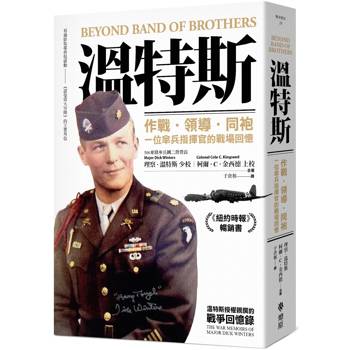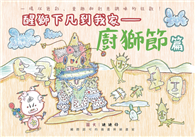| FindBook |
|
有 1 項符合
Senses of the City:Perceptions of Hangzhou & Southern Song China 1127-1279的圖書 |
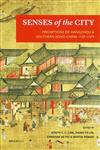 |
$ 1701 ~ 1758 | Senses of the City : Perceptions of Hangzhou & Southern Song China 1127-1279
作者:Joseph S. C. Lam,Shuen-fu Lin,Christian de Pee,and Martin Powers 出版社:香港中文大學出版社 出版日期:2017-05-12 語言:繁體書  共 4 筆 → 查價格、看圖書介紹 共 4 筆 → 查價格、看圖書介紹
|
|
|
In the nine original essays collected in this volume, cultural historians,literary scholars, an art historian, and a historical musicologist set out to recover the sights, sounds, and smells of the Southern Song Empire (1127–1279) and of its capital at Hangzhou (then called Lin’an). They remind the reader of the importance of dance in the lives of Song literati, of the sense of danger in the twelfth-century metropolis, of the blend of birdcalls, temple bells, and human song in the streets and in the countryside. Rather than tracing general trends in urban structure or commercial development, the leading scholars in this volume concentrate on one text, on one author, or on one genre in order to restore specific, historical connections between the text and the city, between writing and urban experience. Senses of the City proposes new approaches to the study of Chinese cities and contributes to a general history of the senses
作者簡介:
“While previous scholars have focused on the structural properties of Song dynasty (960–1279) cities, contributors in this volume unite in an effort to restore the connection between the historical texts concerning Southern Song cities, mainly Lin’an, or Hangzhou, and the actual physical urban space described in those works. Their richly detailed essays reveal a world distinct from, yet at the same time related to, the rich urban and material cultures of Hangzhou. The sights, sounds, and even smells of the greatest city on earth in the twelfth and thirteenth centuries are at once palpable in the nine essays assembled here, all of which are penned by prominent scholars in the field. This book is highly recommended for all readers interested in the cities of ancient China.”
James M. Hargett, The University at Albany,State University of New York
“Never meant to be an imperial capital, Hangzhou always exceeded the category of a court city. Its chaotic energy seduced literati and painters who might have wanted to tame its excesses to turn away from the old models of imperial stasis and enter into the flux of change. The authors of this volume revisit important literary, artistic, and historical sources of the Song dynasty to capture this extraordinary transformation and offer new ways to appreciate the excitement and anxiety of living in this urban world.”
Timothy Brook, University of British Columbia,
author of The Troubled Empire: China in the Yuan and Ming Dynasties
- 作者: Joseph S. C. Lam, Shuen-fu Lin, Christian de Pee, and Martin Powers
- 出版社: 香港中文大學出版社 出版日期:2017-05-12 ISBN/ISSN:9789629967864
- 語言:英文 裝訂方式:平裝 頁數:380頁
- 類別: 中文書> 歷史地理> 中國歷史
|
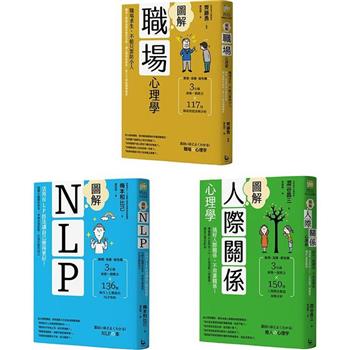
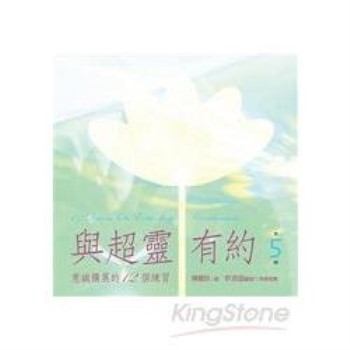

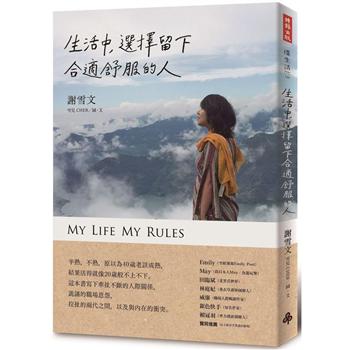

![塔木德:猶太人的致富聖經[修訂版]:1000多年來帶領猶太人快速累積財富的神祕經典 塔木德:猶太人的致富聖經[修訂版]:1000多年來帶領猶太人快速累積財富的神祕經典](https://media.taaze.tw/showLargeImage.html?sc=11100697818)



